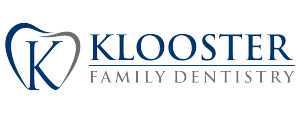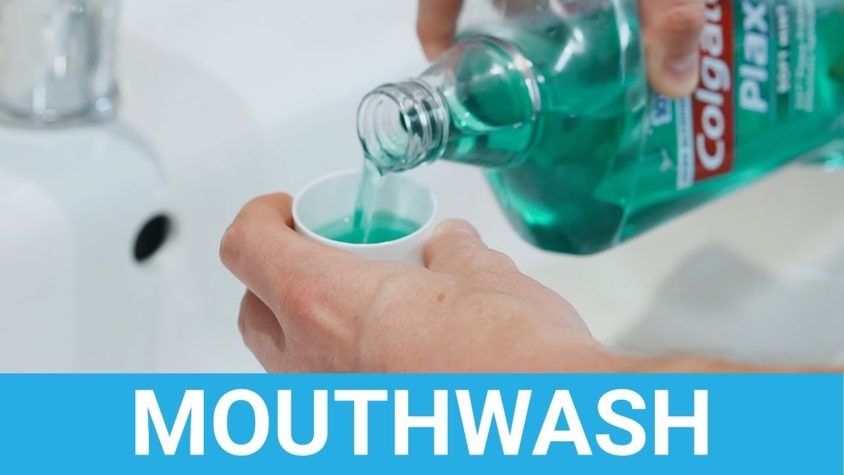Raise your hand if you remember the mysterious, foreboding voice from those old Listerine commercials. You know, the one warning you about the gum disease known as gingivitis!
Listerine might be one of the originals, but mouthwash has come a long way since then, both in the product itself and the research around it. While mouthwash can be an effective part of a dental routine, there is still a lot of confusion around what it does and doesn’t do.
How Mouthwash Works
Mouthwash, loosely defined, is any liquid you swish around in your mouth that can improve your oral health. The American Dental Association recognizes two types of mouthwash:
- Cosmetic: can whiten teeth, reduce bad breath, or anything else superficial.
- Therapeutic: contain active ingredients like fluoride to solve issues like teeth sensitivity or help prevent cavities.
Mouthwashes are typically alcohol-based or water-based. Alcohol-based mouthwash is the most ubiquitous – see the Listerine reference above – and works by annihilating all bacteria in your mouth, both benign varieties and the kind that cause bad breath. The alcohol is responsible for the signature, sometimes unpleasant feeling associated with mouthwash.
Water-based mouthwashes usually utilize cetylpyridinium chloride (CPC), which takes a different approach. Rather than the brute-force approach, CPC primarily targets undesirable bacteria. Water-based mouthwashes may also whiten your teeth or have other benefits.
What Mouthwash Does
The primary thing mouthwash does is freshen your breath; this is because it destroys odor-causing bacteria. Even non-alcohol based mouthwashes can accomplish this, sometimes with the addition of herbs, botanicals, or artificial scents. This can also have the side effect of killing some plaque.
Many mouthwashes also contain fluoride, the same active ingredient as most toothpaste. Fluoride reacts with the calcium and phosphate on your teeth to form fluoroapatite, which strengthens your teeth. And that’s never a bad thing!
Some prescription-strength or specialized mouthwashes can also target mouth sores or distribute medication in the mouth for serious dental diseases.
What Mouthwash Does NOT Do
We mentioned above that mouthwash is part of a healthy dental routine, and there’s an important reason for that: mouthwash is never, ever a substitute for brushing or flossing. Toothpaste contains more fluoride, and the mechanical forces involved in brushing more effectively get in the nooks and crannies in your mouth.
Speaking of nooks and crannies, flossing is especially important because it gets in very, very tight spaces between teeth. Mouthwash is no replacement for this.

